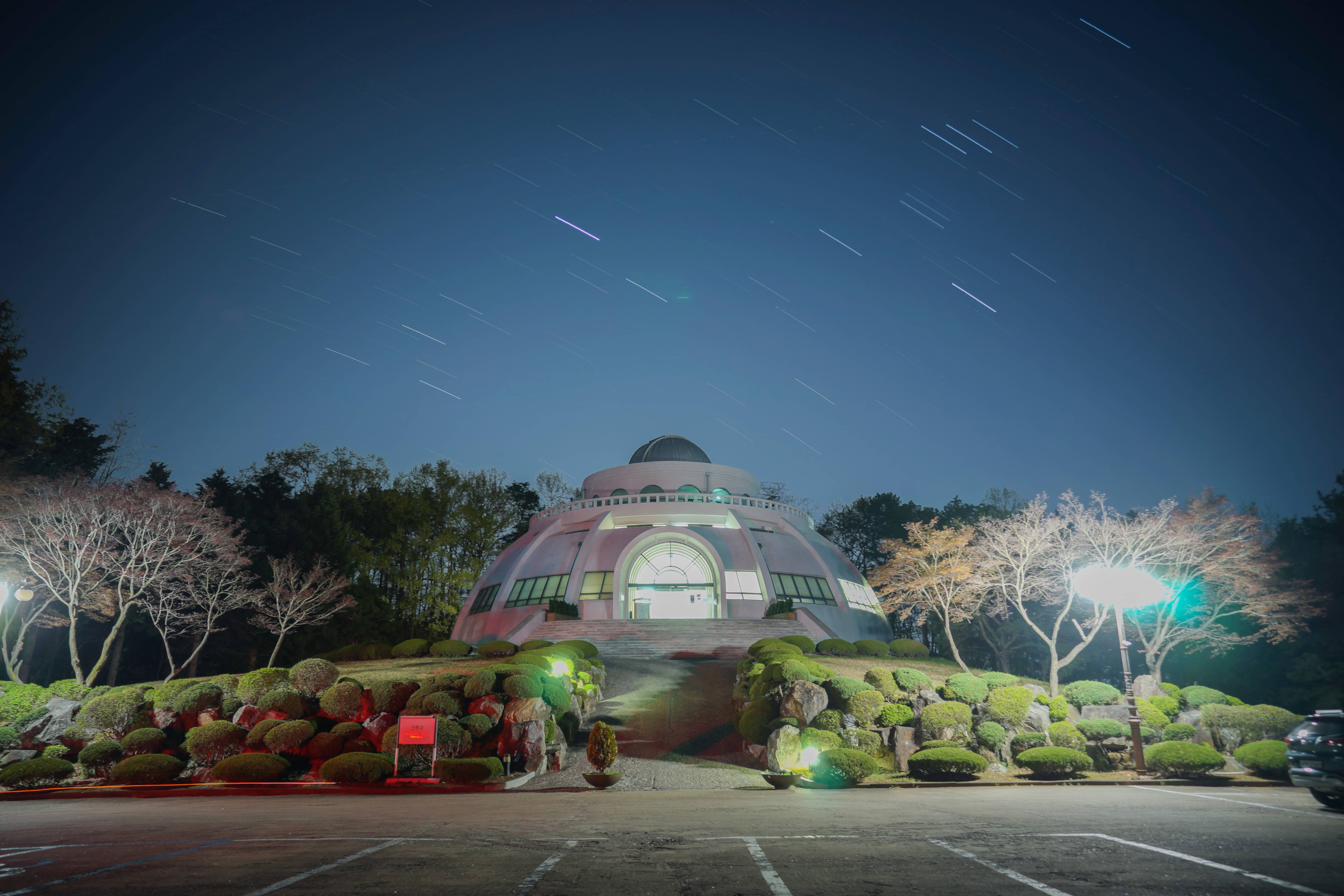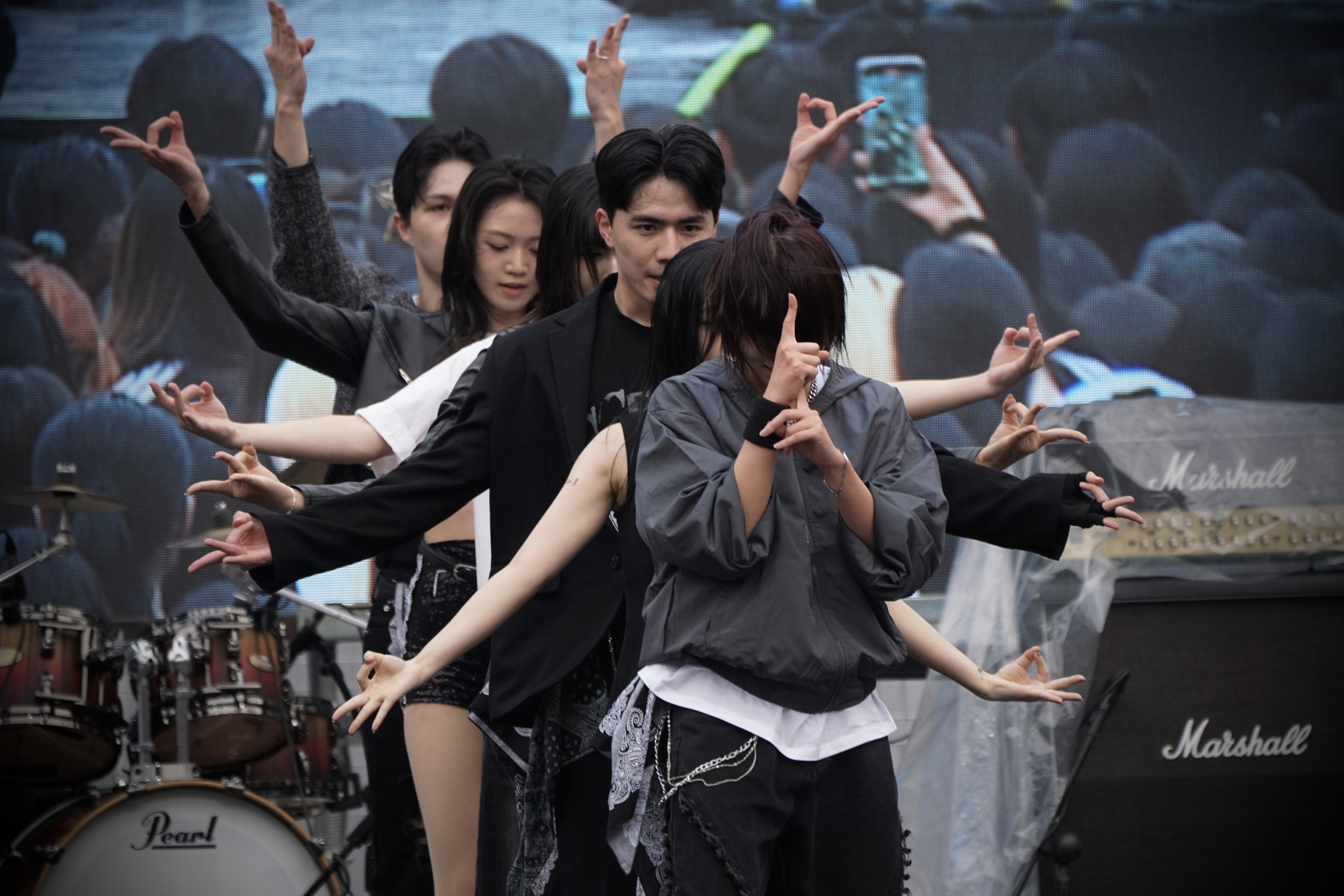[Campus] Space, the New Frontier: KHU Selected for 2025 G-LAMP Space Science Category
Kyung Hee University (KHU) has been selected as the 2025 Global-Learning & Academic research institution for Master’s & Ph. D students and Postdocs (G-LAMP) in the space science category. Starting from August 31, the University will be receiving up to 5 years of funding for a maximum amount of 25 billion won. Building upon this support, the university aims to further research on astronomy, space, and particle science by re-organizing campus research centers as well as establishing its own key theme research institution, the Next-generation Exploration of Universe and Space (NEXUS).
G-LAMP and its implications for KHU
G-LAMP
is a national initiative launched in 2023 to encourage universities to conduct research
in the basic sciences. Funded by the National Research Foundation of Korea and
the Ministry of Education, it directly supports universities all around the
country in renovating and restructuring existing research institutions. Through
this support, it aims to promote large scale, multidisciplinary convergence
research as well as global joint research across campuses.
Of
the 12 basic science categories that G-LAMP supports, KHU was selected in the astronomy, space, and particle science area. As a result, the University will receive
funding of 5 billion won per year over a three-year period. This support can be
extended for two more years if KHU passes a project achievement evaluation
scheduled in 2028, for a maximum 25 billion won.
KHU
has been preparing for the G-LAMP project since 2024. It has already conducted a
comprehensive survey throughout on-campus research centers and laboratories
that ended earlier this year. Based on the results, the University is planning to
combine and re-structure 30 of its natural science, engineering, medical, and
pharmaceutical laboratories into 15 research centers. Through this effort, KHU plans
on nurturing internationalized, interdisciplinary research institutions competitive
on a global scale.
KHU’s Key Theme Research Center, NEXUS
In
addition to this restructuring, another key aspect of the G-LAMP project is the
establishment of a “key theme research center.” For this, KHU is on track to
create the Next-generation Exploration of Universe and Space (NEXUS) research
center.
NEXUS
is an integrated research institute for the development of space exploration
that will cover three key areas: space exploration technology, space artificial
intelligence (space AI), and fundamental space medicine. Professor Seon Jong-ho of the Dept. of
Astronomy and Space Science will lead the institution, with professors Song Young-joo
and Moon Yong-jae from the same department taking upon the key research
tasks of essential space exploration technology and space AI, respectively. School of Medicine assistant professor
Kim Man-seok will be leading fundamental space medicine research.
As
research and development on space exploration requires vast resources and international
cooperation, NEXUS plans on establishing global joint research ties for all three
of its key academic areas. KHU has already finalized a collaborative research
agreement with the University of California, Berkeley, and plans to expand
connections to more world-leading universities and institutions in the U.S.,
Europe, and China.
According
to NEXUS director Prof. Seon, the center is a new milestone for space
exploration research at KHU. “We are the only South Korean university actively
participating in domestic and global ventures into space. The newly established
research center is an opportunity to heighten KHU’s contributions in space research
and development,” he said. Prof. Seon also invited global scholars to join, emphasizing
that “We plan to recruit master's and postdoctoral academics for specialized faculty
and research positions at NEXUS. We are looking forward to working with
aspiring and talented researchers across the globe.”
The start of the G-LAMP project sets a new milestone for the University’s academic endeavors into space. Through improving on-campus research structures and establishing NEXUS, KHU is on course to make greater contributions towards Korean and global advances in space science and exploration. It is hoped that the cohesive work of KHU’s faculty, staff, and student community will improve university research, attract talented academics, and produce valuable work in the upcoming years.
There are no registered comments.
- 1
- 2
- 3
I agree to the collection of personal information. [view]




